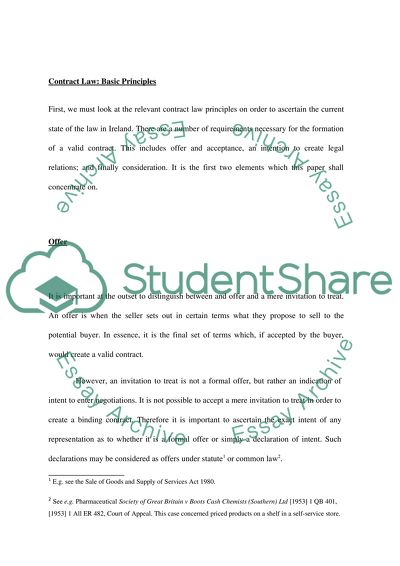Cite this document
(“Law of contract Case Study Example | Topics and Well Written Essays - 2000 words”, n.d.)
Law of contract Case Study Example | Topics and Well Written Essays - 2000 words. Retrieved from https://studentshare.org/law/1506702-law-of-contract
Law of contract Case Study Example | Topics and Well Written Essays - 2000 words. Retrieved from https://studentshare.org/law/1506702-law-of-contract
(Law of Contract Case Study Example | Topics and Well Written Essays - 2000 Words)
Law of Contract Case Study Example | Topics and Well Written Essays - 2000 Words. https://studentshare.org/law/1506702-law-of-contract.
Law of Contract Case Study Example | Topics and Well Written Essays - 2000 Words. https://studentshare.org/law/1506702-law-of-contract.
“Law of Contract Case Study Example | Topics and Well Written Essays - 2000 Words”, n.d. https://studentshare.org/law/1506702-law-of-contract.


